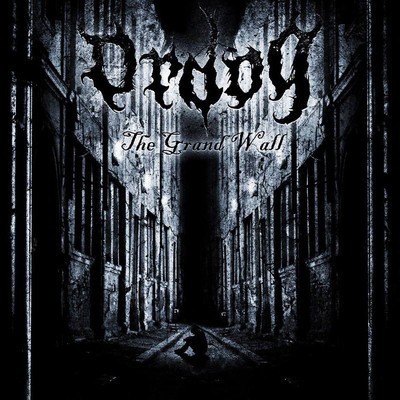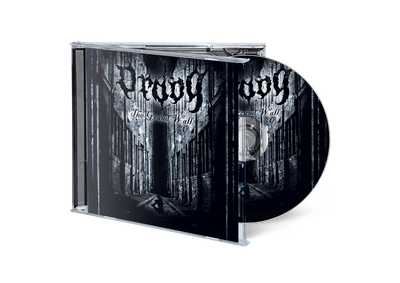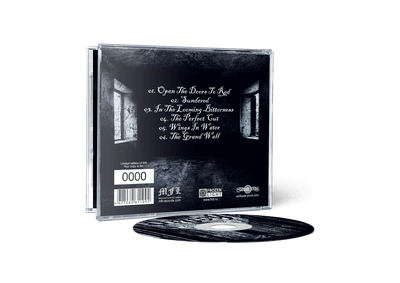Финские мастера doom death metal возвращаются со своим пятым альбомом под названием «The Grand Wall». Этот альбом является более агрессивным по сравнению со своими предшественниками, хотя меланхолия все еще присутствует на альбоме и идет рука об руку с агрессией. Лирика альбома представляет собой смесь философии, самоанализа и ощущений людей, внезапно потерявших что-то в жизни. Это великая стена, стоящая на пути слушателя. Совместный релиз с Moscow Funeral League и Frozen Light. Издание выпущено ограниченным тиражом в 500 копий.
Треклист:
1 Open The Doors To Red 6:48
2 Sundered 8:42
3 In The Looming Bitterness 7:29
4 The Perfect Cut 8:41
5 Wings In Water 7:01
6 The Grand Wall 10:41
Артист:
Ordog
Страна артиста:
Finland
Год альбома:
2016
Название:
The Grand Wall
Стиль:
death doom metal
Формат:
Compact Disk
Тип:
CD
Упаковка:
Jewel Case
Лейбл:
Solitude Productions
Кат. номер:
SP. 120-16
Год издания:
2016
Штрих-код:
4 627080 611092
Страна-производитель:
Russia
























































